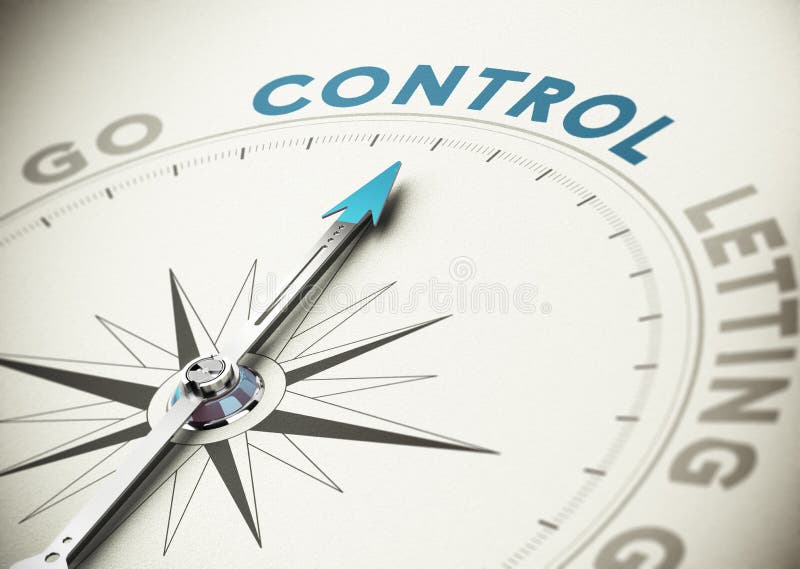

In the 1960s, Walter Mischel tested four year old children for self control in "The Marshmallow Test": the children were each given a marshmallow and told that they can eat it anytime they want, but if they waited 15 minutes, they would receive another marshmallow. The importance of using self control for patience Your self-control is based on how you feel and since there is no one to compare yourself to, you may be less motivated or more motivated depending on the urgency of whatever you are doing.
#Self control psychology free

Moving from continent to virtuous behavior requires training and some self discipline. Continent behavior, on the other hand, is when one does what one knows is best, but must do it by opposing one's motivations. Virtuous behavior is when one's motivations are aligned with one's reasoned aims: to do what one knows is best and to do it gladly.

Self-discipline is to some extent a substitute for motivation, when one uses reason to determine a best course of action that opposes one's desires. Thus, self-discipline is the assertion of willpower over more base desires, and is usually understood to be a synonym of ' self control'. For example, denying oneself of an extravagant pleasure in order to accomplish a more demanding charitable deed. Self-discipline refers to the training that one gives one's self to accomplish a certain task or to adopt a particular pattern of behavior, even though one would really rather be doing something else. It is sometimes called self-regulation or self discipline, and exerting self-control through the executive functions in decision making is thought to deplete a resource in the ego. Gaining control over these aspects of ourselves is a key developmental task. Self control is the ability to control one's behaviors, actions, emotions, thought processes etc.


 0 kommentar(er)
0 kommentar(er)
